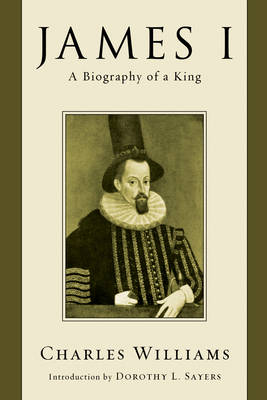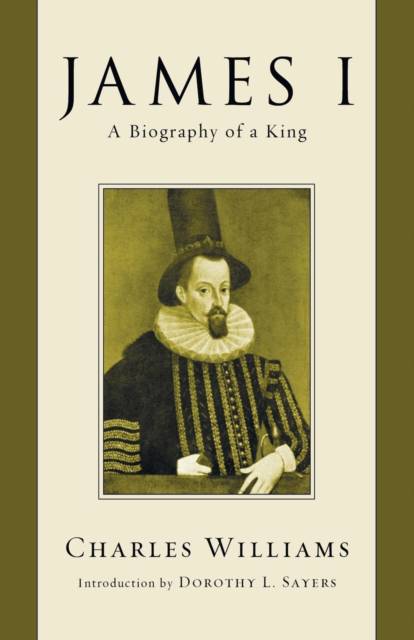
- Afhalen na 1 uur in een winkel met voorraad
- Gratis thuislevering in België vanaf € 30
- Ruim aanbod met 7 miljoen producten
- Afhalen na 1 uur in een winkel met voorraad
- Gratis thuislevering in België vanaf € 30
- Ruim aanbod met 7 miljoen producten
Zoeken
Omschrijving
""The following pages are concerned with James Stuart, and not the history of England except as it affected James Stuart,"" writes Williams in his preface. All relevant historical details are woven into this narrative account, however, like his novels, Williams pushes further into the very personality of James. Early chapters cover the alliances, plots, and threats of his Scotland years; latter chapters cover his reign in England, which commenced in 1603. Situated between the executions of his mother (Mary) and his son (Charles I), ""the curious figure of James stands at the change of the centuries. The splendour of the Renascence homo is becoming the clarity of the seventeenth-century gentleman."" ""Shakespeare and Bacon were to be his servants; Harvey his physician, Donne his chaplain. He was to be the patron of the great English book that declared the coming of the Prince of Peace, and to see himself as a prince of peace, bringing rest to the afflicted churches and nations. But war in Europe and war in England were to open over his grave; the gossips were to spice their scandalous talk with his name; and afterwards everybody was always to laugh or shudder at him for ever.""
Specificaties
Betrokkenen
- Auteur(s):
- Uitgeverij:
Inhoud
- Aantal bladzijden:
- 326
- Taal:
- Engels
Eigenschappen
- Productcode (EAN):
- 9781556355561
- Verschijningsdatum:
- 1/01/2008
- Uitvoering:
- Paperback
- Formaat:
- Trade paperback (VS)
- Afmetingen:
- 152 mm x 217 mm
- Gewicht:
- 403 g

Alleen bij Standaard Boekhandel
+ 113 punten op je klantenkaart van Standaard Boekhandel
Beoordelingen
We publiceren alleen reviews die voldoen aan de voorwaarden voor reviews. Bekijk onze voorwaarden voor reviews.







